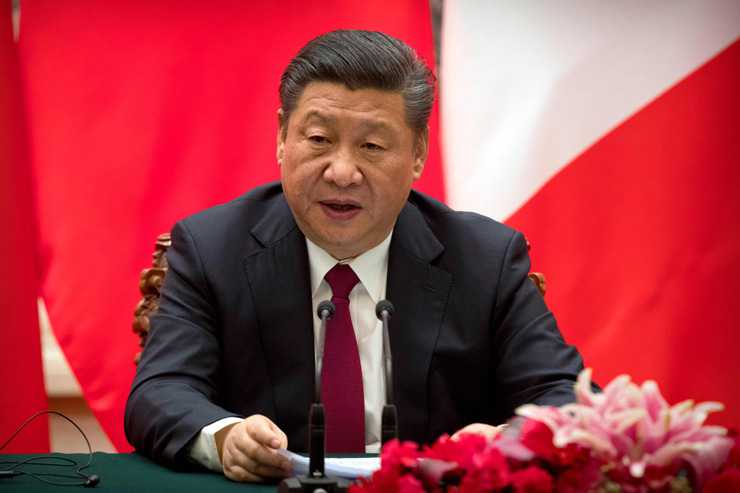Xi calls on Trump to revive economic dialogue program
17 January, 2018

Chinese President Xi Jinping has called on his US counterpart to resume talks to improve economic ties between the two nations, as tensions rise over the huge imbalance in Sino-US trade.
In their first phone conversation this year, Xi told US President Donald Trump on Tuesday that both countries should take "constructive measures" to open their markets to each other and "broaden cooperation" to address their trade and economic issues.
The call comes as Washington ramps up talk of taking tough action against Beijing, including punitive tariffs, sanctions and even a trade war.
China and the United States were meant to settle their trade differences through the "Comprehensive Economic Dialogue", one of four dialogue mechanisms to improve ties that both countries agreed on in April.
The first Comprehensive Economic Dialogue was held in July, but Washington later shelved the process because of lack of progress.
Tensions have since escalated between Beijing and Washington, with China on Friday reporting that its trade surplus with the US grew to a record US$275.8 billion in 2017 – counter to Trump's goal of narrowing the US trade deficit with China.
With the economic dialogue suspended there are now concerns that there is no way to put ties back on track.
"China and the US should keep their exchanges at all levels, fully utilise the four high-level dialogue mechanisms and hold second-round talks when appropriate," Xi was quoted by state broadcaster CCTV as saying.
But Xi also struck an optimistic note, saying China and the US made progress in maintaining a stable relationship in 2017.
Xi also said in the phone call that there had been "positive changes" in the Korean peninsula situation and called for joint efforts to create the conditions for a resumption of dialogue.
China's Ministry of Foreign Affairs later called on both countries to properly settle their differences.
"It is no big surprise that the US and China have conflicts and confrontation. The key is how to better handle [them] and not to affect the broad picture of bilateral economic and trade cooperation," ministry spokesman Lu Kang said.
Despite the US$250 billion worth of commercial deals signed in November during Trump's first state visit to China, Washington is weighing up punitive trade action against China.
Just last month, Trump labelled China a "competitor" in his first national security strategy report. Washington has also blocked Chinese companies from buying US technology firms and entering the telecommunications market. In addition, there is tougher talk of punitive tariffs on China's exports of steel and aluminium.
Former vice commerce minister Wei Jianguo said it was not easy to reverse the trade surplus with the US but both sides should work out ways to explore new markets.
"We have the dialogue mechanism and it doesn't help to solve the problem if we don't use it," he said.
Renmin University international relations professor Wang Yiwei said bilateral trade would become a "very troublesome" issue this year as China was very likely to become a target during the US midterm elections.
"The idea that China is imposing a full-fledged challenge to the US, from core technology to military weapons, from the internet to the currency, has affected Trump's China policy," he said.
TAG(s):
